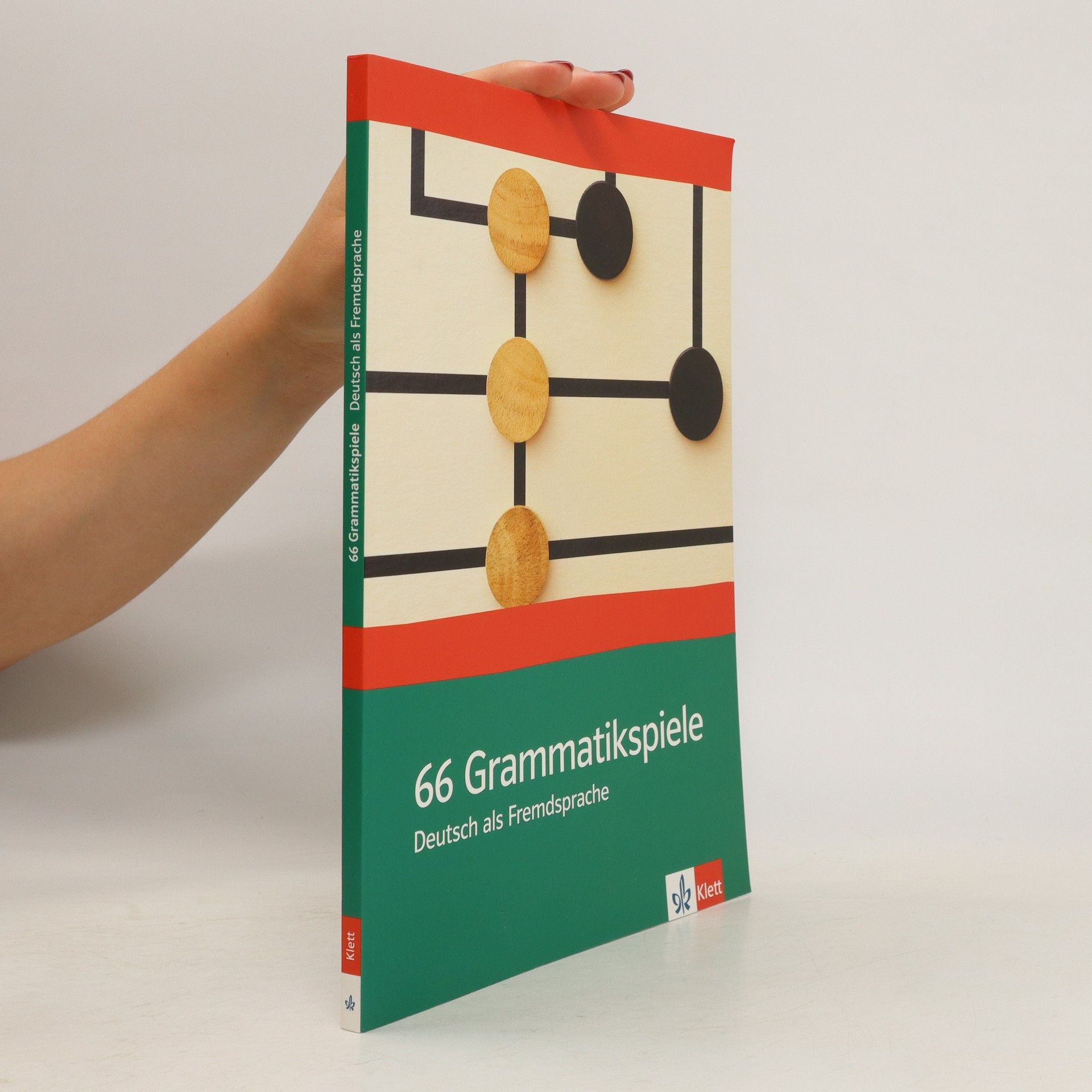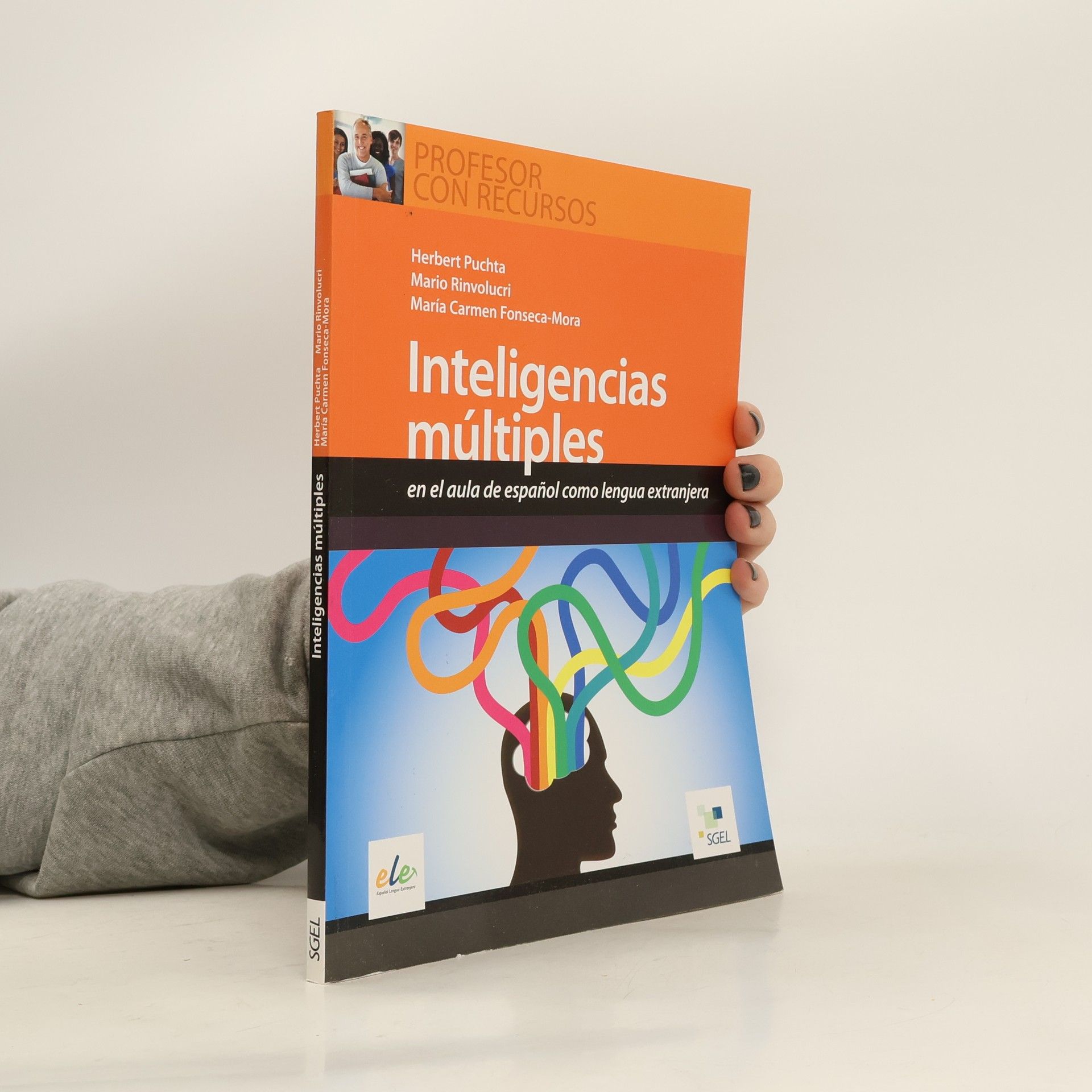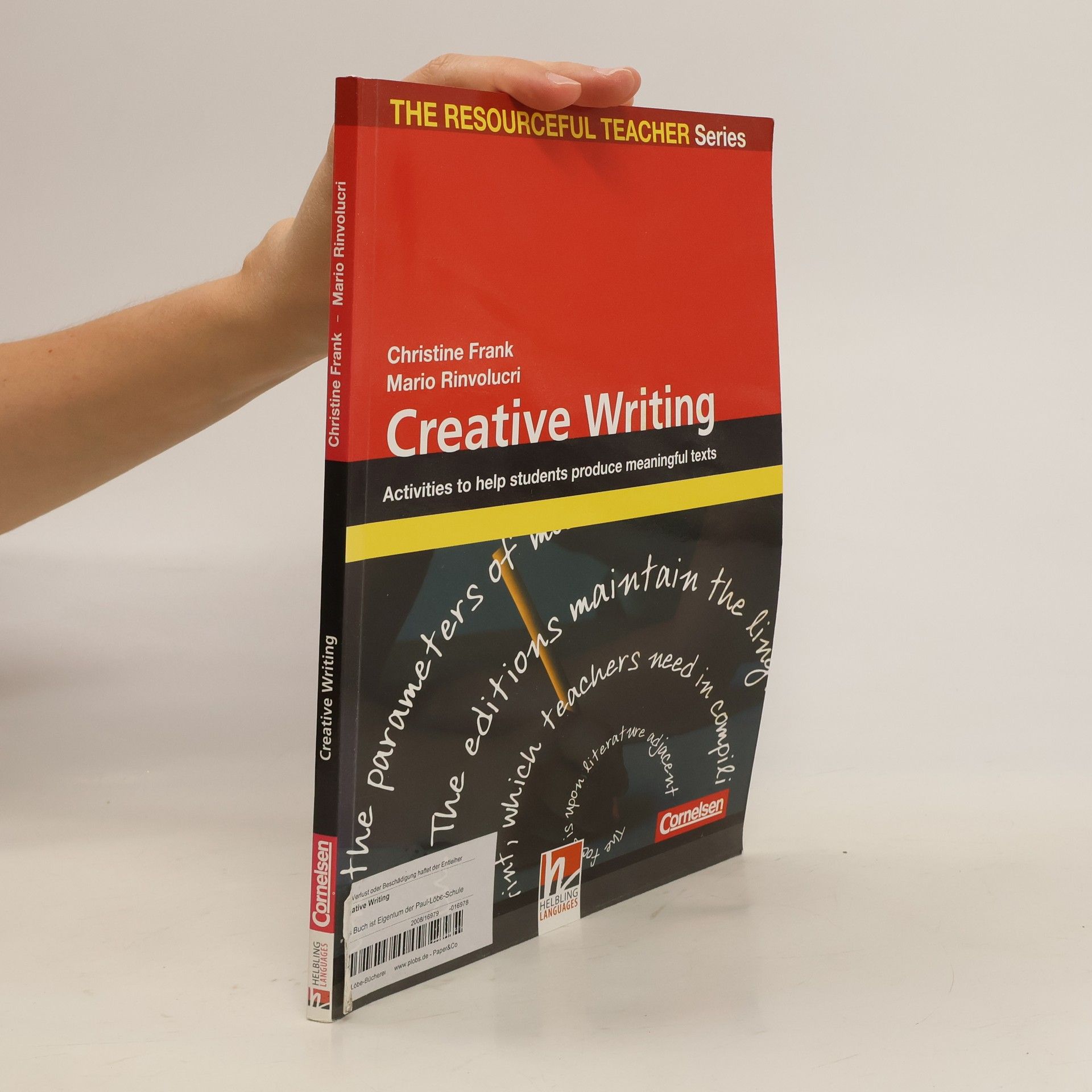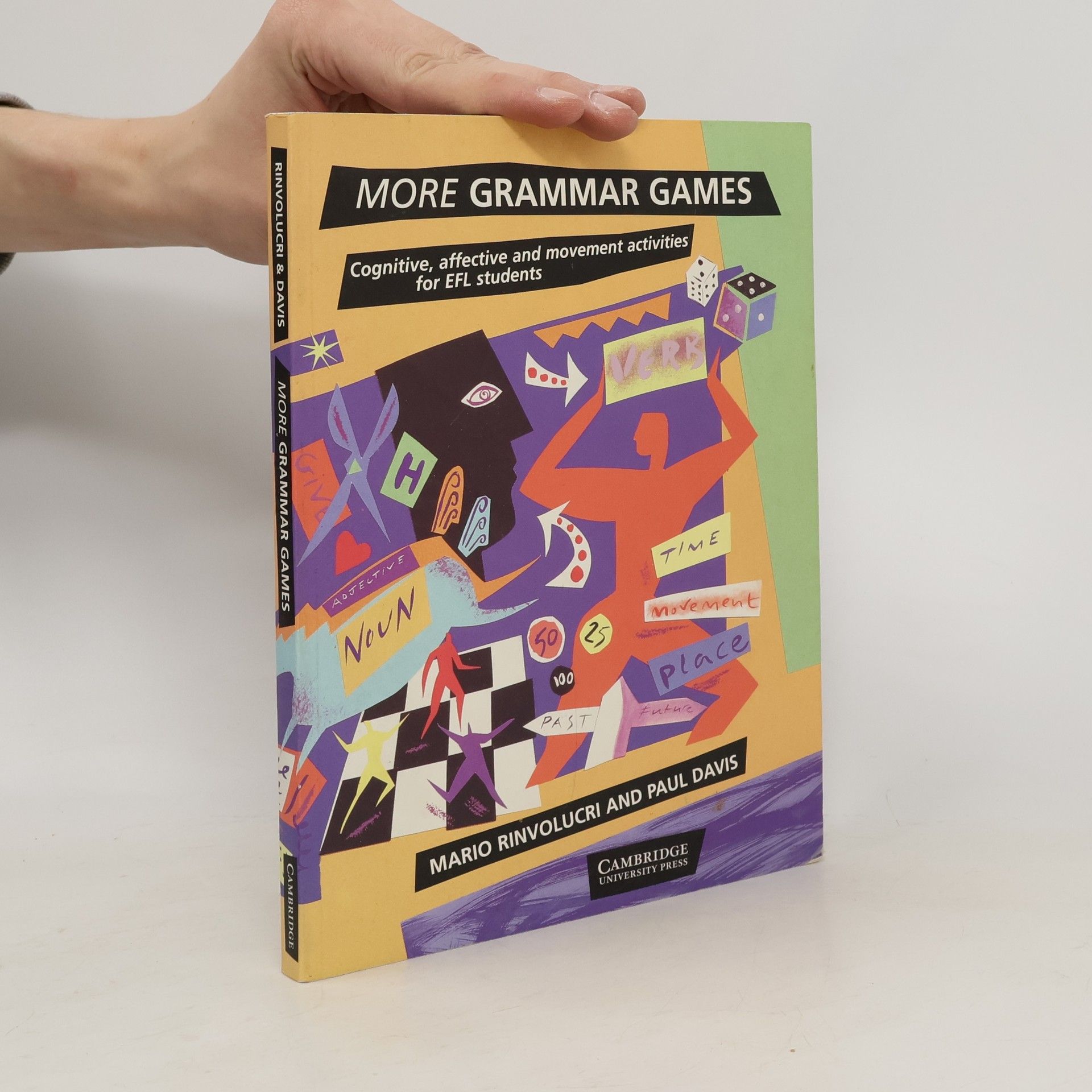"Ernsthafte Grammatikarbeit im spielerischen Kontext bietet ""66 Grammatikspiele"". Klassische Gesellschaftsspiele wie Monopoly oder Dame helfen genau so dabei, die harte Nuss Grammatik zu knacken wie kognitive und kreative Aufgabenstellungen. Die Sammlung ist daher fr Schler und Erwachsene aller Lernniveaus geeignet und kann dabei helfen, die oft trockene Grammatikarbeit in eine aufgelockerte Atmosphre zu transportieren.Die in dieser Sammlung enthaltenen Spiele erfordern meist keine oder nur wenig Vorbereitung."
Mario Rinvolucri Book order (chronological)
Mario Rinvolucri is a foundational figure in language education, celebrated for his collaborative writing style. His most recent books emerge from the vibrant exchange of ideas with colleagues, showcasing a dedication to collective inspiration and pedagogical innovation. Rinvolucri's distinctive approach is further enriched by his kinesthetic intelligence, which he channels into his passions for cooking and gardening, bringing a unique, hands-on sensibility to his creative output.

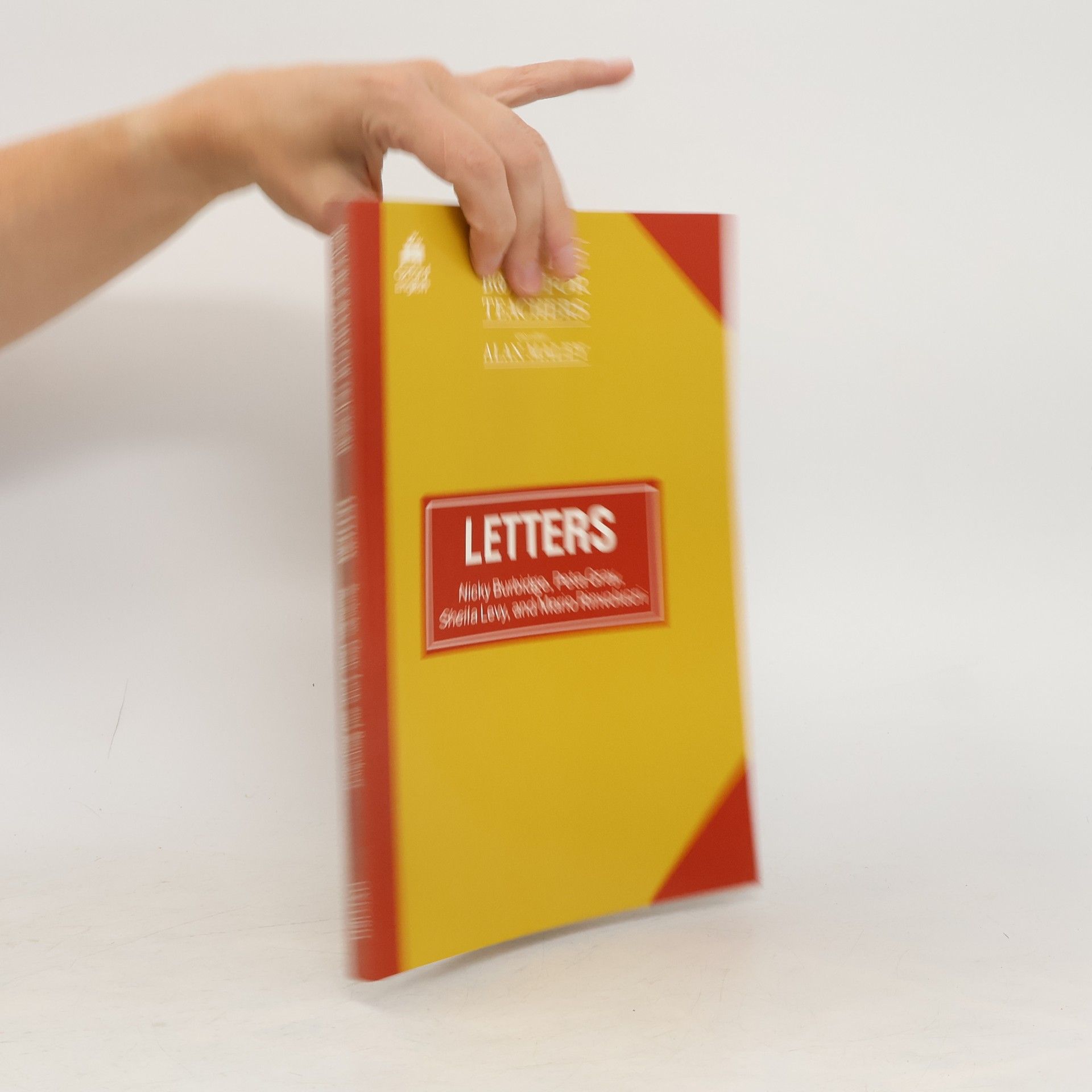
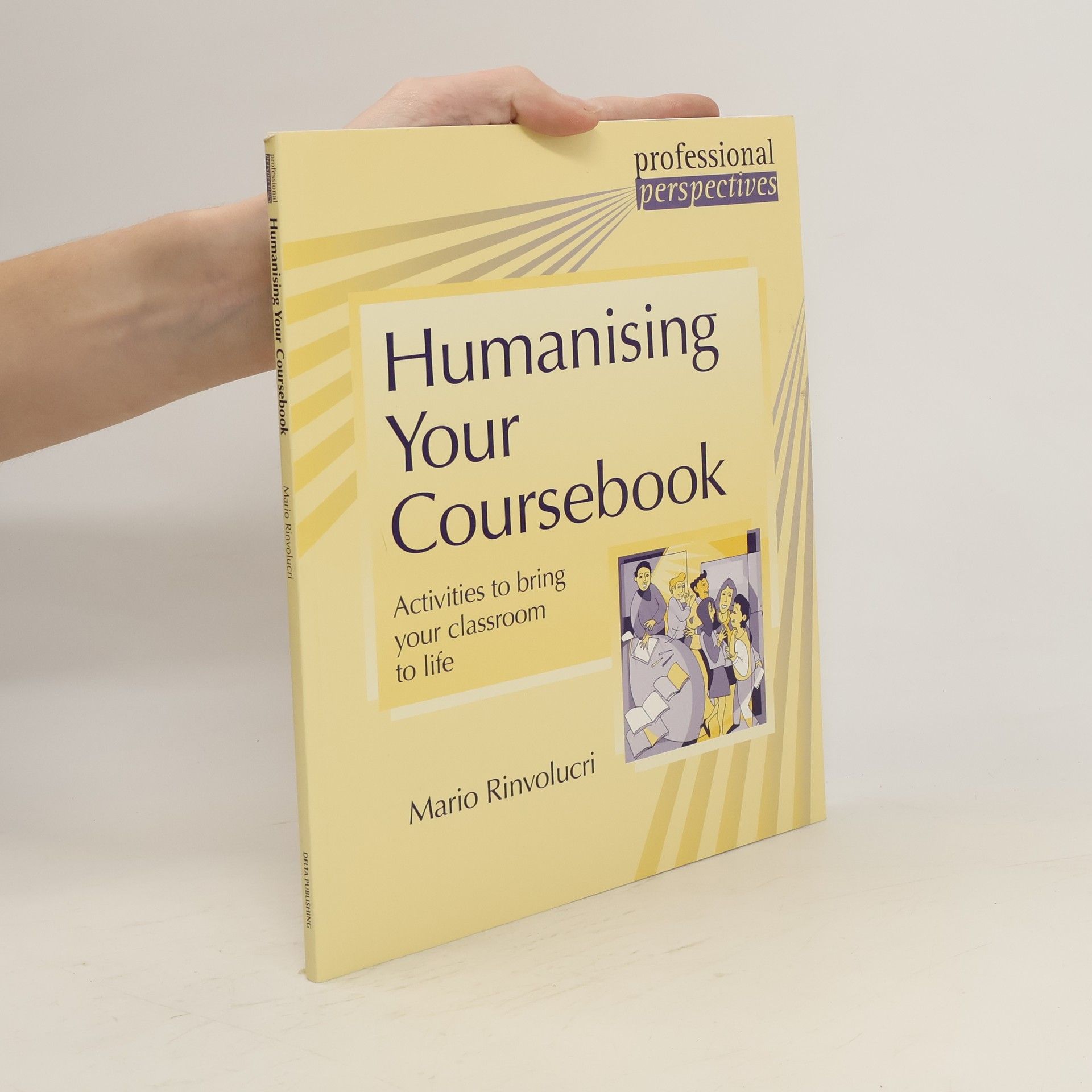
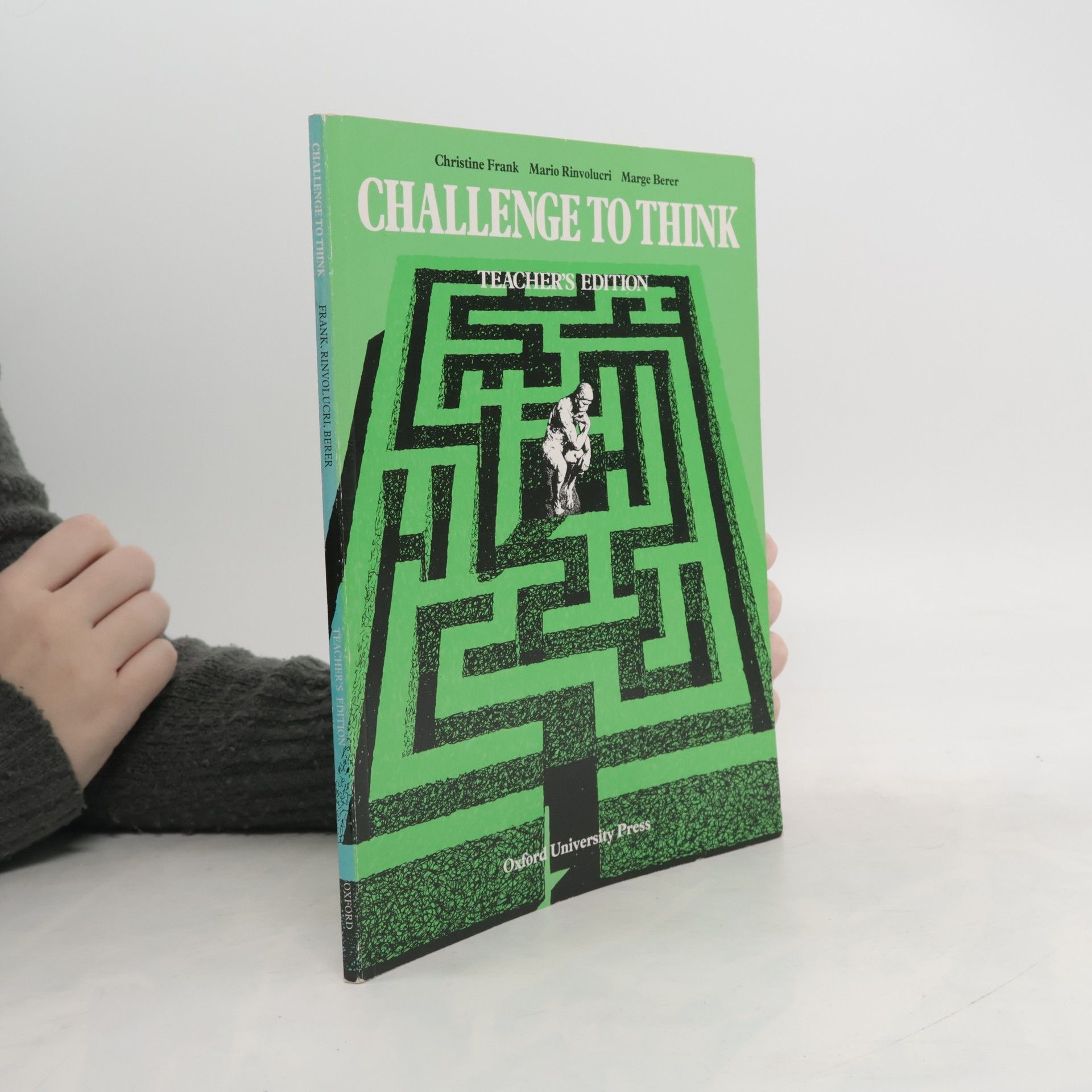
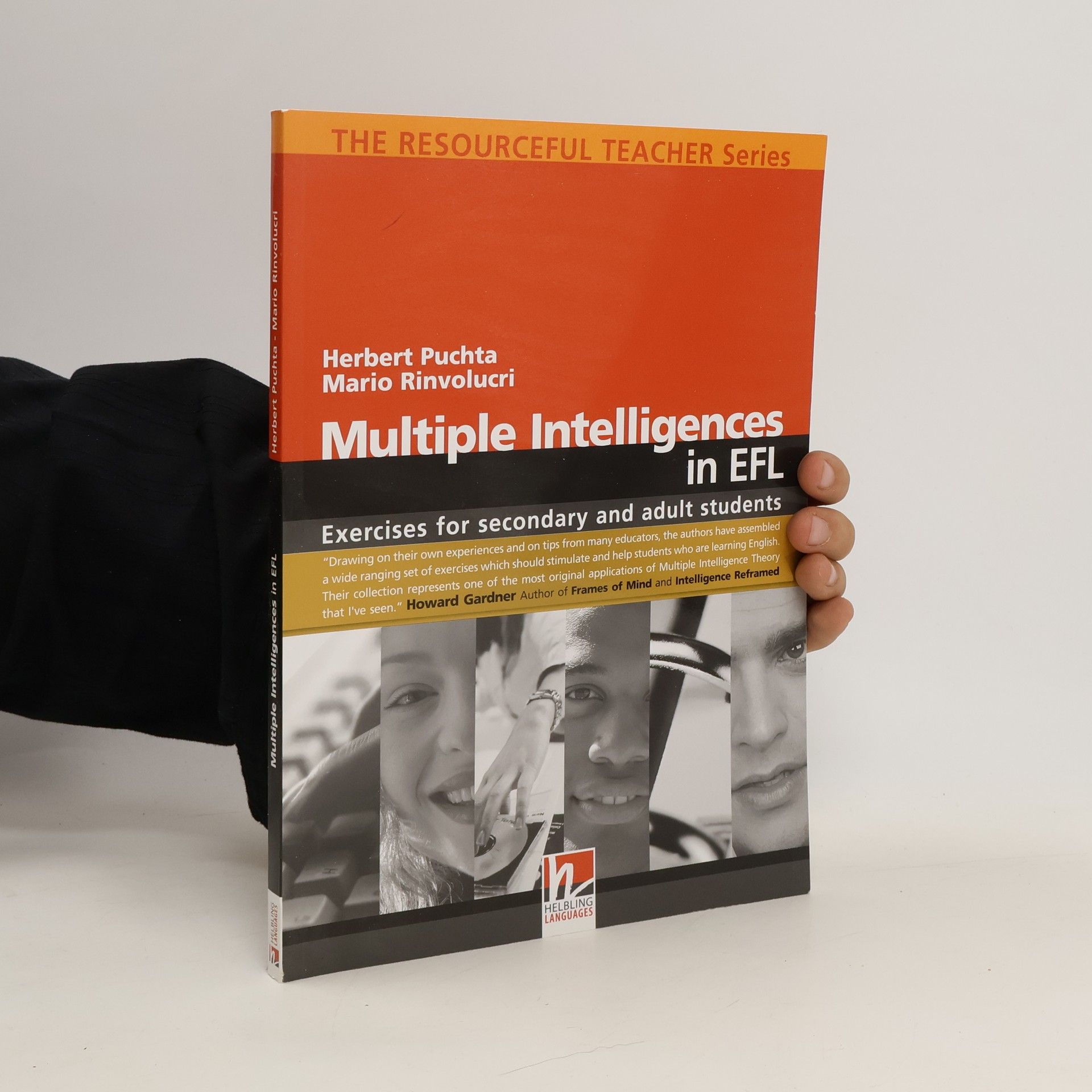
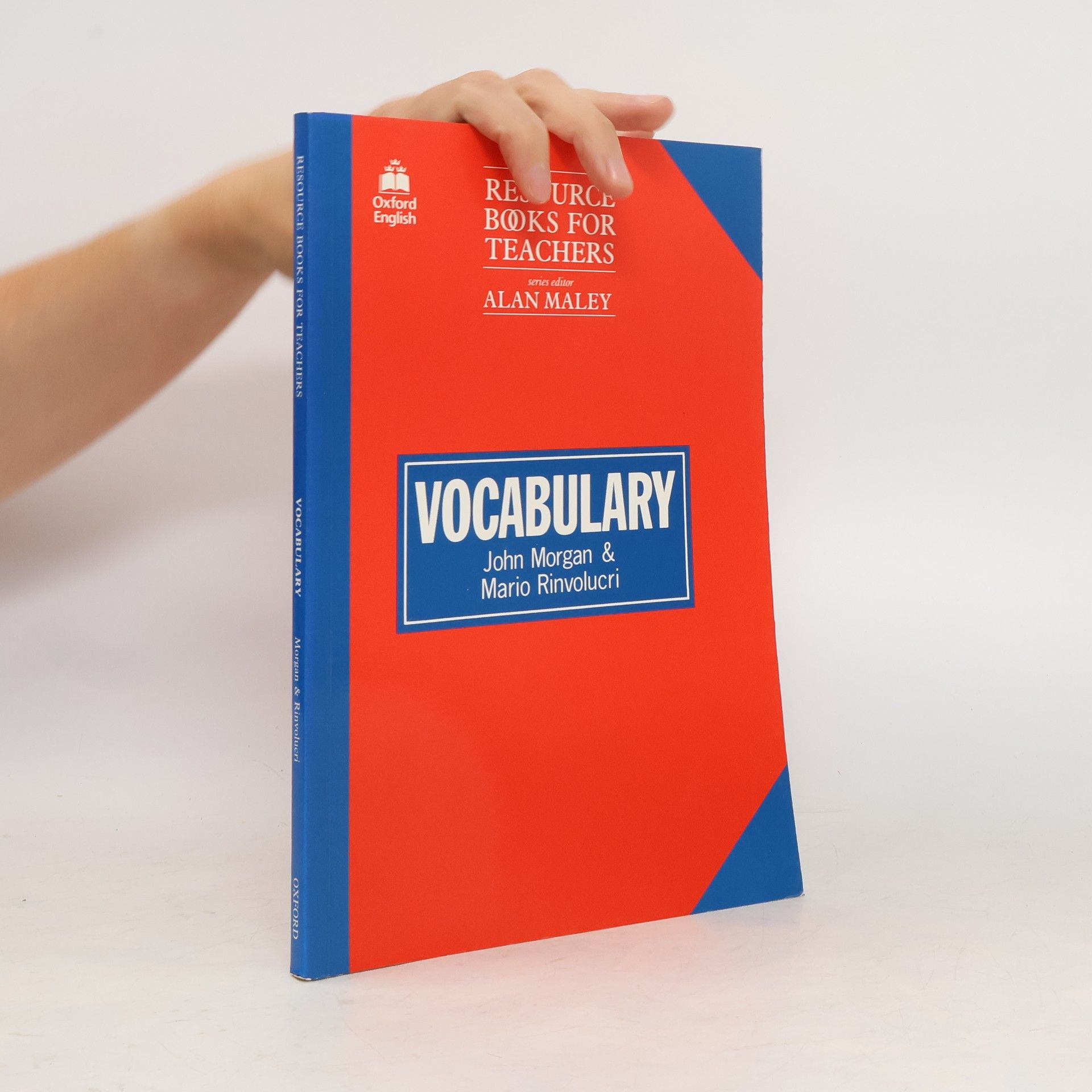
Más de 70 sencillas actividades para que los estudiantes obtengan el máximo provecho de sus inteligencias múltiples.
Creative Writing
Activities to help students produce meaningful texts
Unlocking self-expression through NLP, part of the Professional Perspectives series, offers you over a hundred activities that create the need and the desire in the students to express themselves, be it in speech or in writing.Neuro-Linguistic Programming is the study of human experience, focusing on mind-body connection, on language as a mirror of the inner being and on the fact that much of our experience is mediated by powerful internal programmes we are not normally aware of.This book starts from the perspective of NLP and provides teachers with well over a hundred activities, designed to create the wish and need in students to express themselves in English, both in speech and in writing. Talking about newly-felt, newly-apprehended sensations and ideas through English gradually changes the learner’s relationship to the language:*A real desire to talk and write*An improved realtionship with the target language*A growing sense of ownership of the target language*A growth in psychological awareness*A more accurate awareness of classmates and a growth of respect for themThe activities are divided up into sections that go from Warmers to Exam Preparation, from Vocabulary work to Integrated Skills practice, through strategies such as Introspection, Questionnaires, Roleplay and Storytelling.
Humanising Your Coursebook
- 96 pages
- 4 hours of reading
Humanising Your Coursebook, part of the Professional Perspectives series, provides a wide range of original, imaginative, humanistic activities and techniques designed to give new life to any coursebook.Designed to appeal to teachers wishing to diversify or experiment, and students in need of variety, motivation and change, Humanising Your Coursebook is packed with practical activities that: encourage innovation and require minimal preparation put the student ‘centre stage’ recognise the importance of different learning styles
Using the Mother Tongue, part of the Professional Perspectives series , offers a variety of practical ways to make use of what is a very valuable resource by: providing ideas and guidelines on when and how to use the mother tongue encouraging teachers to use the mother tongue selectively and effectively raising awareness of the similarities and differences between languages building links between the mother tongue and the foreign language through comparison and translation The use of the mother tongue in the foreign language classroom has often been officially discouraged; however, many teachers have recognised that in practice using one’s own language to learn a foreign language is natural, necessary and efficient.
Featuring over 100 engaging activities, this book emphasizes minimal preparation while encouraging students to think, speak, and write in English. Each activity is crafted to enhance language skills through interactive and thought-provoking exercises, making it an ideal resource for educators seeking to foster communication and critical thinking in their classrooms.
Cognitive, affective and drama activities for EFL students This resource book for teachers contains an exciting collection of activities which present and practise vital grammatical content in an original way. Each game is clearly introduced with a summary specifying the area of grammar to be practised, the level it is aimed at, the time required and the material needed. The activity is then presented using a step-by-step approach.
Letters
- 142 pages
- 5 hours of reading
A Resource Book full of motivating ideas on reading, discussing, and writing letters in the English class.
